What Are Co-Occurring Disorders?
Many people are faced with the combined challenges of a mental health condition and an addiction to drugs or alcohol. These types of co-occurring disorders present special challenges when it comes to obtaining proper treatment. The material below will discuss more information about detecting and treating a dual diagnosis. Substance abuse is rarely a simple…







